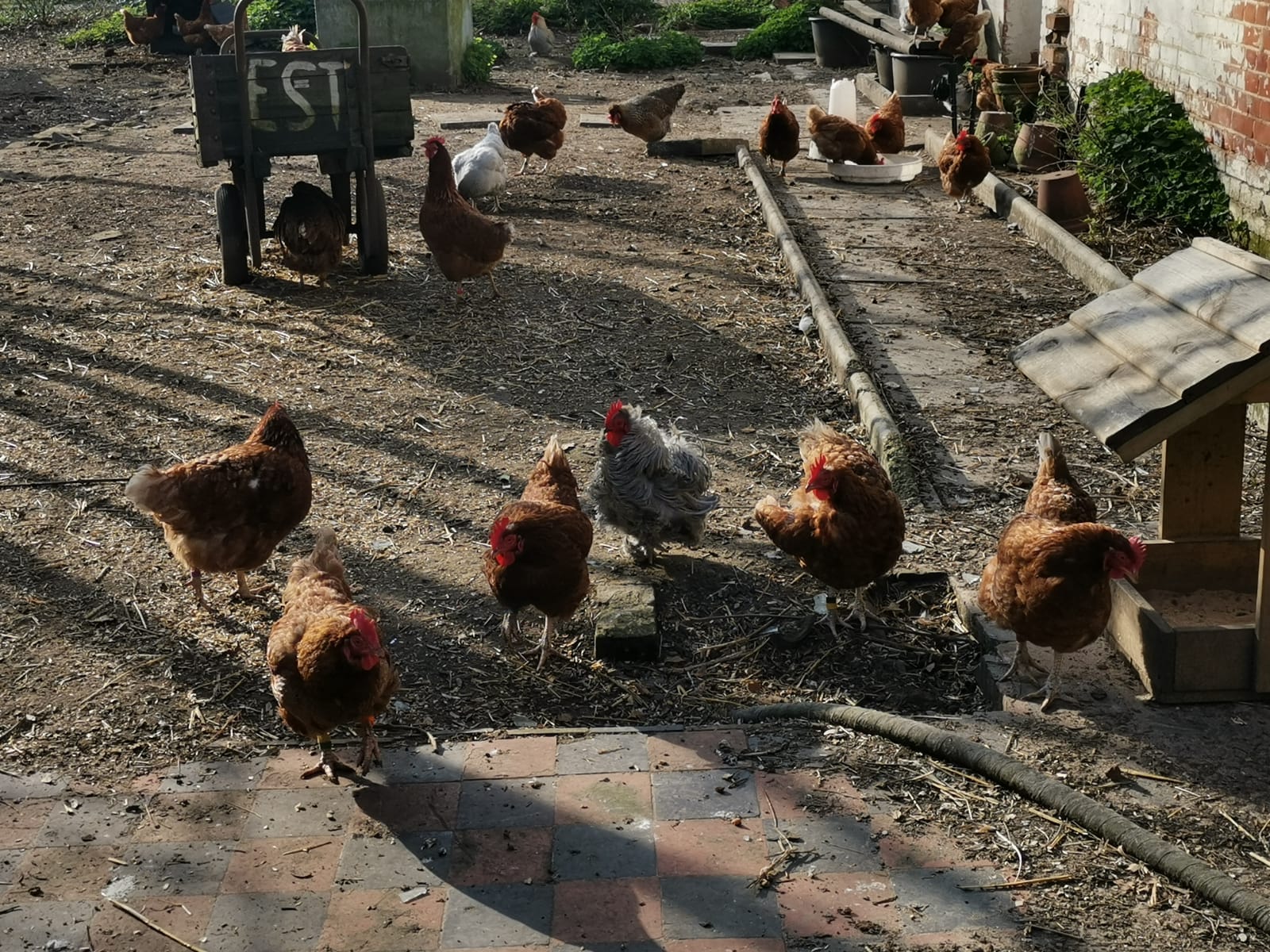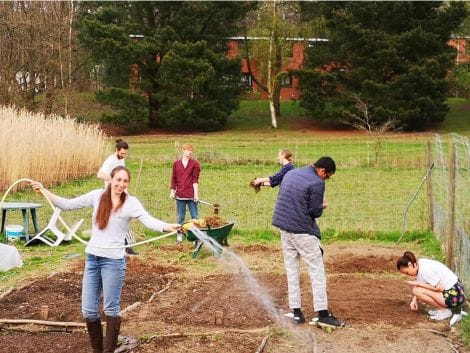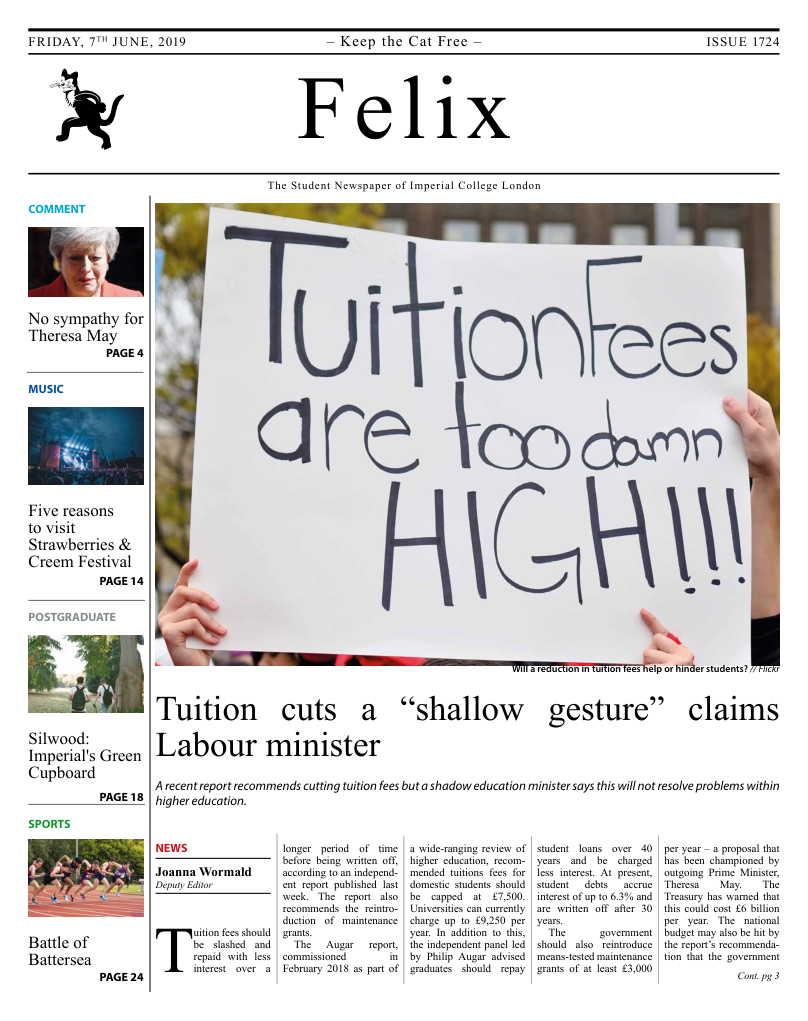Silwood: Imperial’s Green Cupboard

Did you know that Imperial College has postgraduate campus (read: farm) way out in the countryside? It’s a whopping 20 miles from South Kensington. It is easily the most remote campus, but also the most beautiful (suck it SK). I like to call it Imperial’s green cupboard. This is because, for me, it really does seem like Silwood is the Harry Potter under the stairs in the Imperial household – most of you don’t know or care that we’re here. We’re not bitter in the slightest, honest!
There are only a couple of downsides to living out here in the wilderness – like the fact that South Ken controls our heating, or that very few of the services provided for the London campuses make it all the way out here. However, despite the very few downsides, life is pretty great in the forest. Below are some of what I consider to be highlights of our idyllic lifestyle.
We have chickens!

And ducks! The ducks are my personal faves, I could watch them waddle around all-damn-day. Our feathered friends provide us with all the animal interaction and fresh free-range eggs a person could need. When you’re feeling down, the chickens are always happy to see you (esp. if you have food).
Your problems are less troubling in the forest.
I’m a drama queen. It’s not my fault, just my natural reaction is one of overreaction. You can find me having a lie down after anything remotely distressing happens. Like a rich woman in the 1700s. But go outside and see some nature? I snap out of it pretty quick. The world isn’t ending because your R code won’t work. The trees said so. I am writing this article that I have been procrastinating for weeks, at my desk, in the sun, and a deer just ran out of the forest past my window. Life is good.
There are cats!
There is a gorgeous little ginger one who is all sunshine and light, his name is Mr Tinkles. There is also a black cat with cross-eyes; she is not so nice and incredibly demanding but loved nonetheless. Her name varies depending on who you ask – usually either Seitan, Salem, or Nigel. These two are really in charge of the campus, and we’re all okay with that.
We grow our own food!

Life on the commune is sweet. We are really trying to distance ourselves from the distinctly un-green reputation that Imperial holds, and take solace in the simple pleasures in life. We are proud to have allotments on campus. This year a communal garden project was started, where everyone chips in a little, so we can all reap the fresh veggie goodness. It’s spring time now so the veggies are just being seeded! If you find yourself on campus and are itching to get your hands dirty, help is always appreciated!
A sense of community
When everyone is here, there are roughly 200 people on campus. Now, that’s not a whole lot of people. It’s a massively different pace of life to London but here I know everyone’s name. If you live in London, this might be a bit of an alien concept to you. Honestly, even at my old uni, I knew the names of about 10% of my class. Maybe that says more about me, though, than anything else. The few students here are studying a wide variety of courses, ranging from computational, coding-based courses to courses that go to the rainforest for most of the year. I feel confident that when I inevitably get lost in my code or whatever, I can ask someone for help and they will be nice enough to give it to me!
Silwood park is pretty notorious in the ecological community, and as such we have guest speakers on a regular basis to enrich our university experience. Once a month the postdocs and PhDs host a social seminar, where they present their research over pizza and drinks. The size of the campus means that, not only is the student community close-knit, but we are on very good terms with many of the academics on campus, which promotes a really relaxed but driven learning environment. Most universities, I find, have a clear divide between the students and the academics. Here, the lines are less definite – we are all here to learn.
I feel very privileged to live here. There are very few places where you could get such a wholesome and fulfilling university experience. The pace of life is very different to London but that’s honestly a good thing in my opinion, there’s time to focus on what’s important. If you want to come check out the campus for yourself, we are hosting a fully-fledged festival on the 3rd of August! You can find details here.
Please don’t forget about us xx








